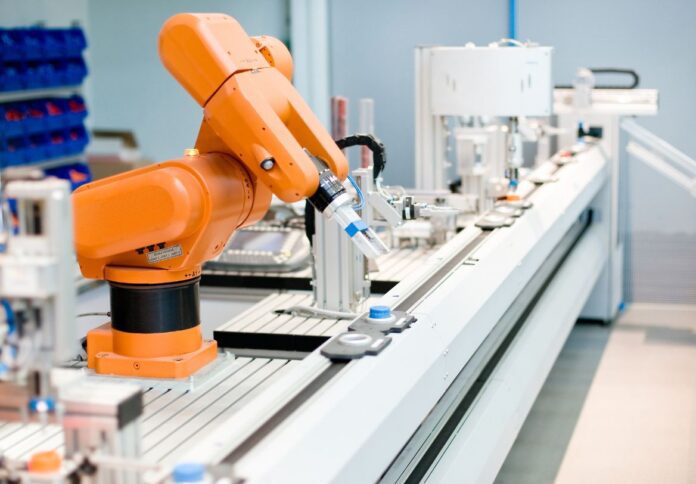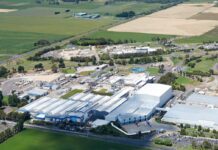
Article by Daniel Xu, Chief Operating Officer, GMP Pharmaceuticals
In the face of significant challenges, investing in a young and dynamic workforce can help Australian manufacturers to remain competitive and innovative in an increasingly challenging market.
By providing young employees with access to training and development opportunities, manufacturers can ensure that they have the necessary skills and knowledge to leverage emerging technologies and drive innovation in their operations.
The manufacturing industry has faced increased competition from lower-cost countries and a shift towards a service-based economy, resulting in a decline in its contribution to Australia’s GDP from 8.8 per cent in 2000 to 5.3 per cent in 2020, as reported by the Australian Bureau of Statistics.
According to a report by the Australian Industry Group, 40 per cent of manufacturing businesses in Australia have difficulty attracting and retaining young workers. To address this issue, the Australian Government has introduced a number of initiatives aimed at promoting apprenticeships and vocational training, including the Youth Jobs PaTH program, which provides training and internship opportunities for job seekers. In addition, the Government has introduced a range of measures aimed at encouraging businesses to invest in training and development, including the JobTrainer program, which provides funding for training courses in high-demand industries, including manufacturing.
While these initiatives all contribute to developing emerging talent, the Government can’t do all the heavy lifting. It is also crucial for private companies in the manufacturing industry to take responsibility for developing the workforce and boosting the employment of younger people. Businesses need to recognise the potential of young people and create opportunities for them to grow within the organisation by offering systemic training with extensive growth opportunities. By doing so, businesses can not only benefit from the fresh perspectives and innovative ideas that young people bring to the table, but also contribute to the growth and success of the manufacturing industry as a whole.
At GMP Pharmaceuticals, over 60 per cent of our workforce is under the age of 40. Our firm belief is that when given proper training, robust management support, and a clear career outlook, young people can quickly develop and become integral members of a company. Some may even become qualified to take on management roles, driving the company’s success with strong efficiency and ambition to acquire new business and grow the company.
Developing a young team is also important for employee morale, and can positively impact workplace culture, innovation, and creativity. To achieve this, manufacturing companies should prioritise training and development, create a positive workplace culture that values diversity and inclusivity, and provide opportunities for team-building and collaboration. By doing this, manufacturing companies can ensure that their employees are equipped with the necessary skills and knowledge to succeed in their roles, which can boost their confidence and motivation. This, in turn, can lead to a more positive workplace culture, where employees are engaged, productive, and committed to their work.
According to a study by LinkedIn, 94 per cent of employees would stay at a company longer if it invested in their career development. Providing young employees with access to training and development opportunities can help them to build new skills and progress in their careers, which can ultimately lead to higher job satisfaction and retention rates. An investment in employee development demonstrates a commitment to the well-being and professional growth of the workforce.
Cultivating the workforce of tomorrow is an important part of the Australian manufacturing industry’s efforts to stay competitive and adapt to changing market conditions. By investing in the next generation, manufacturing companies can help to ensure their long-term success and contribute to the growth of the broader economy, ultimately making Australian manufacturing stand out in the global market.



















